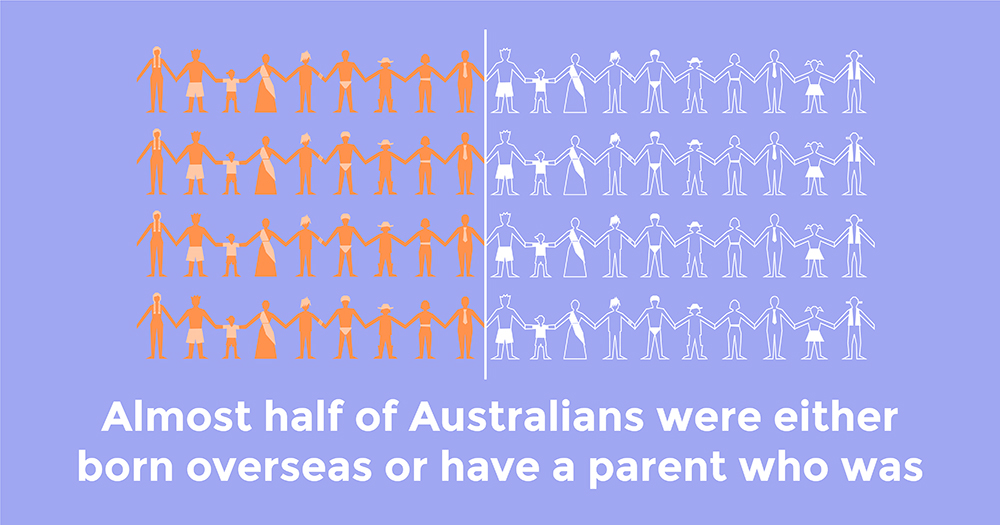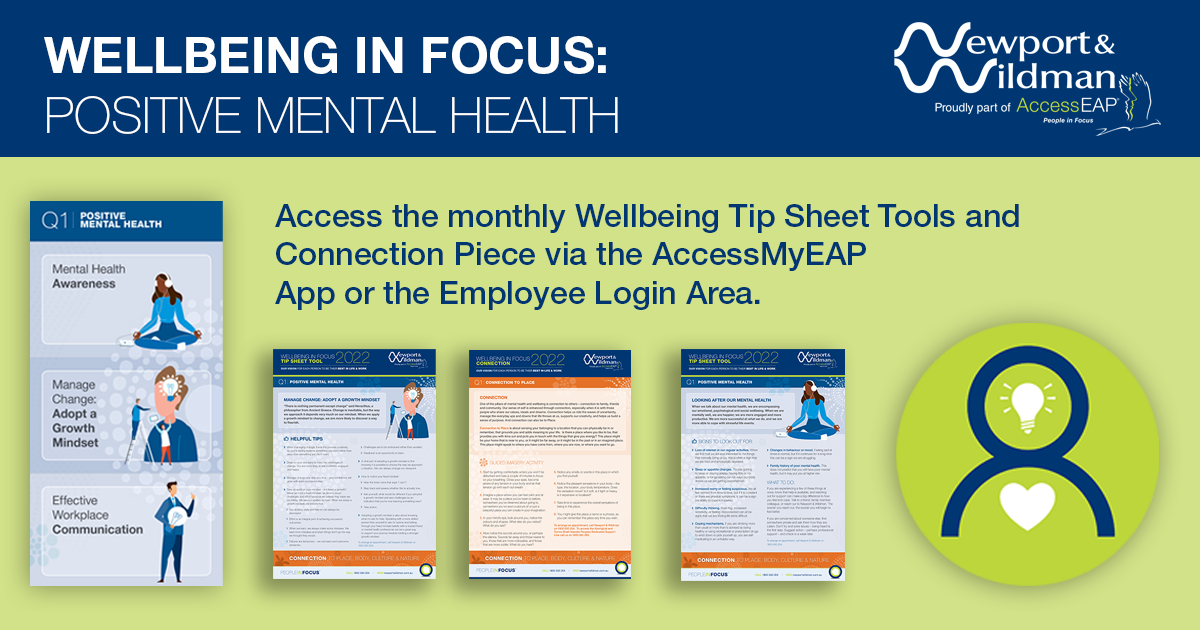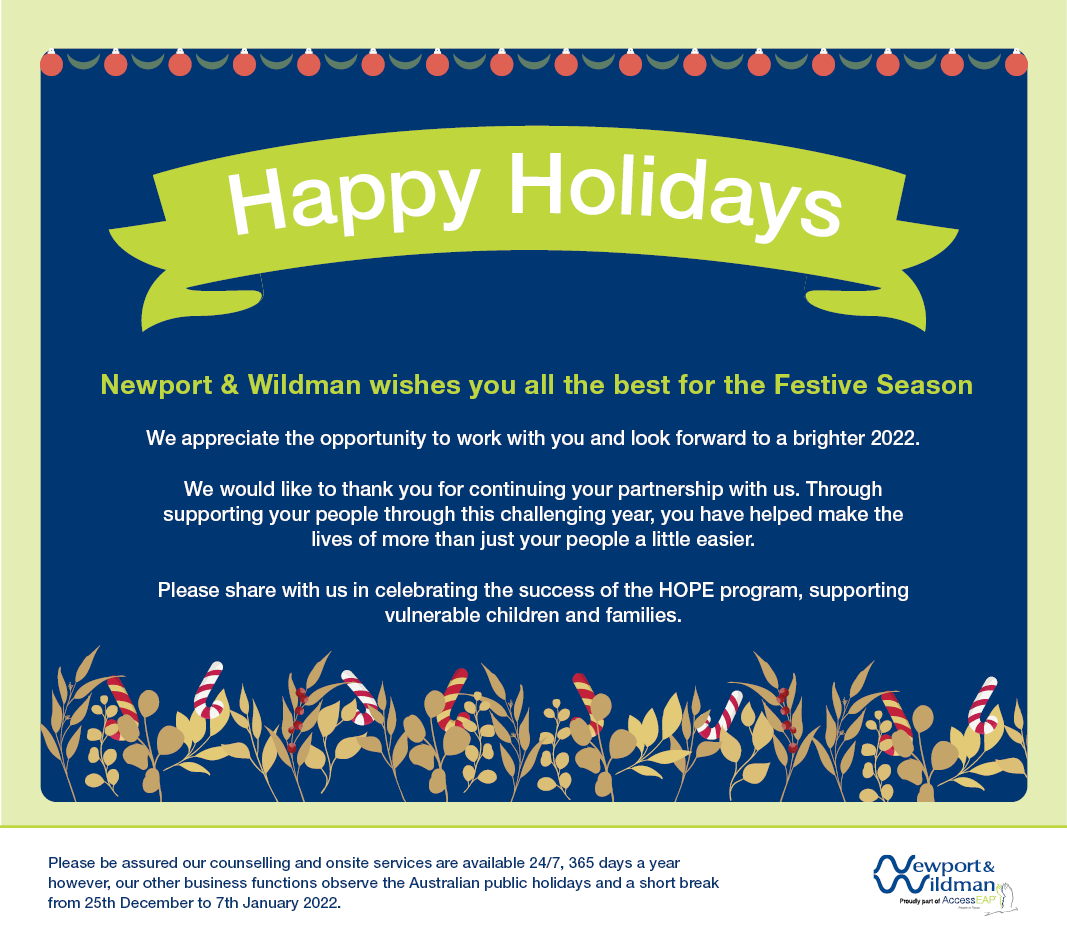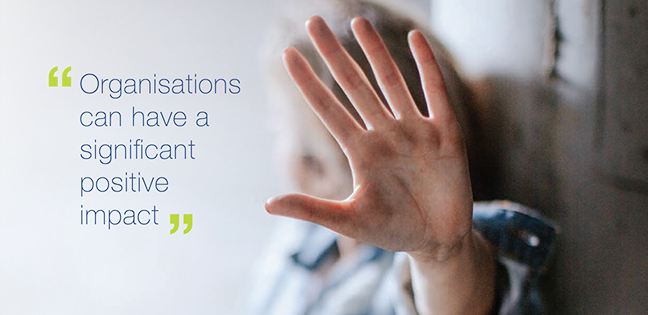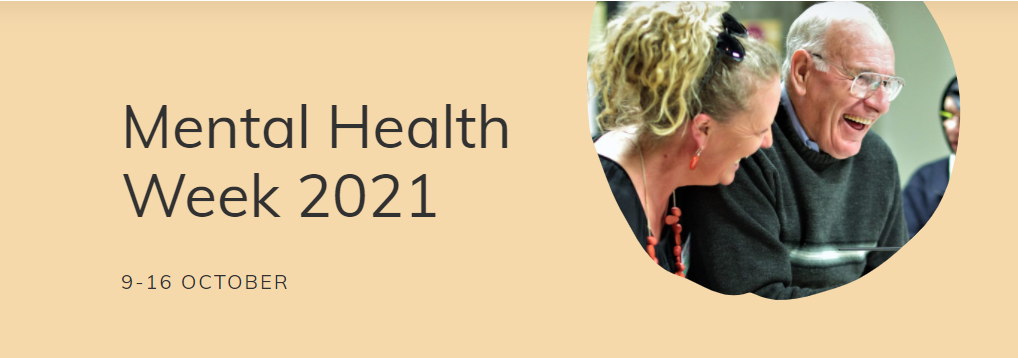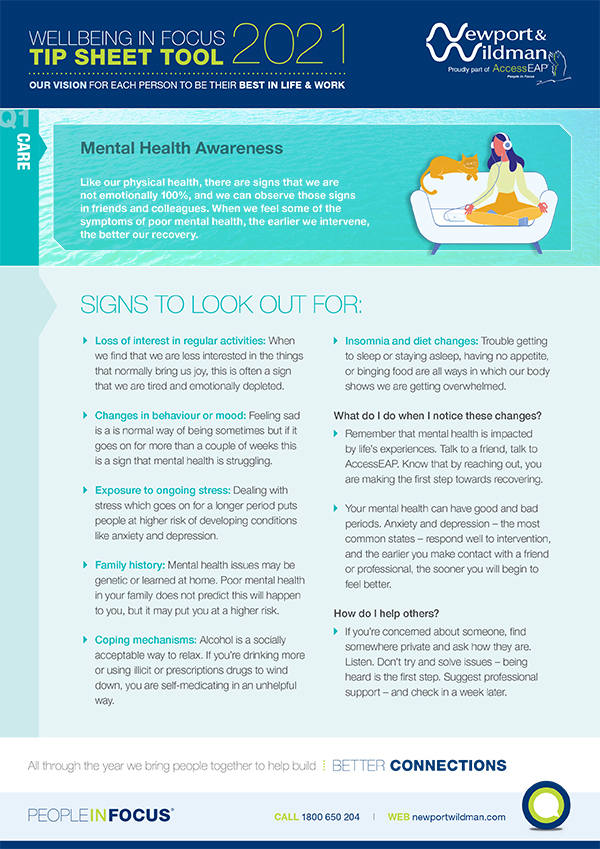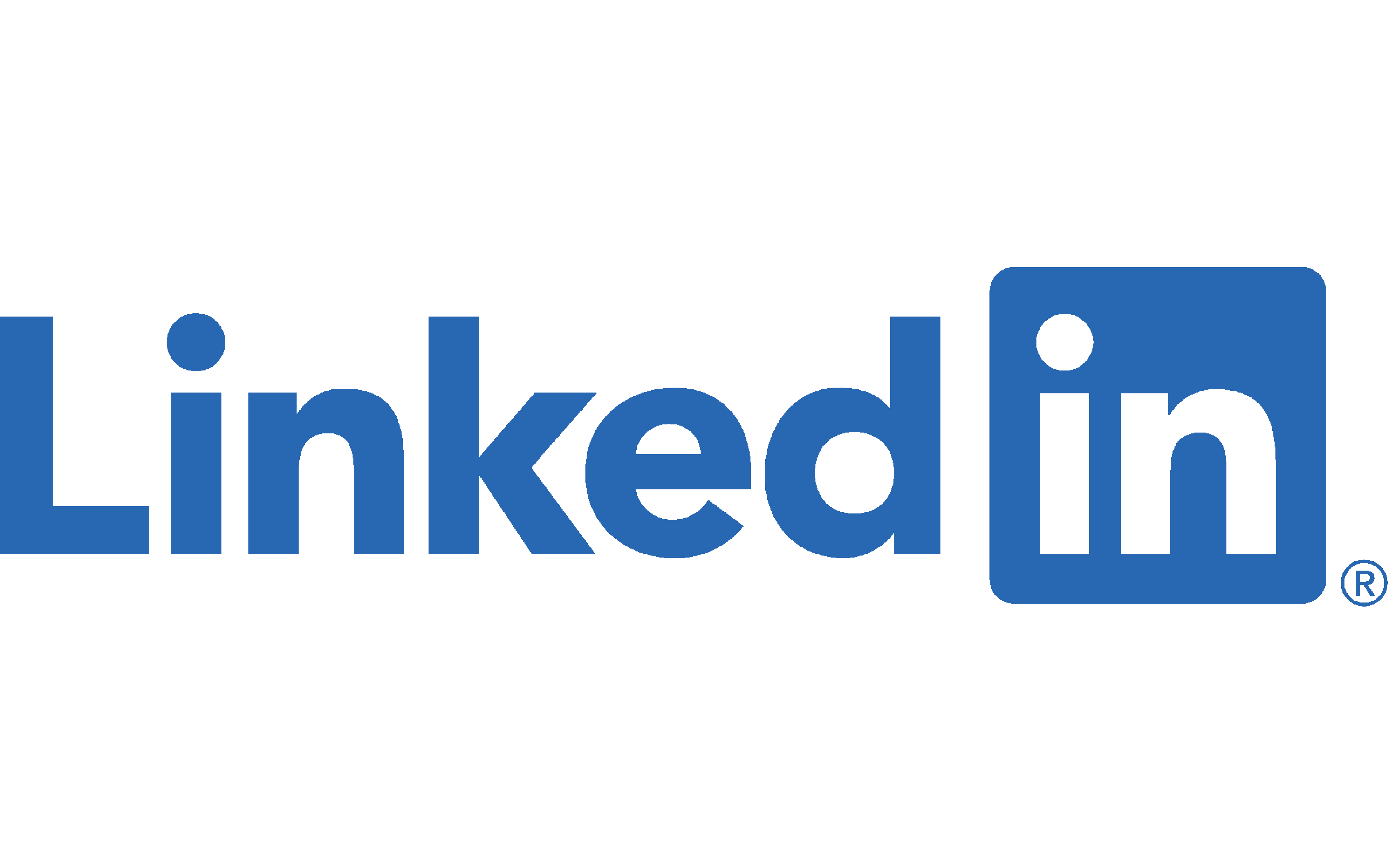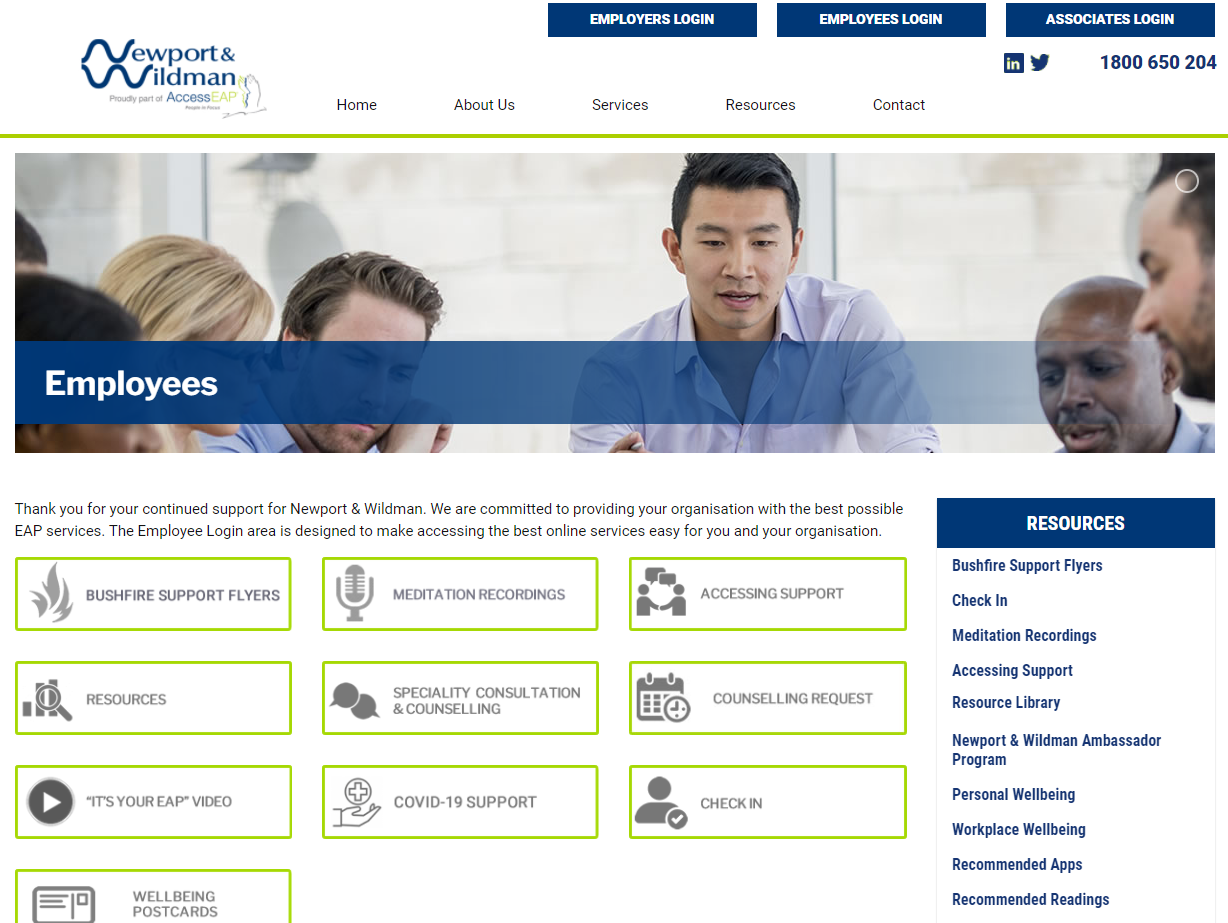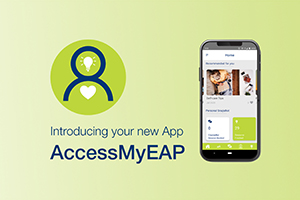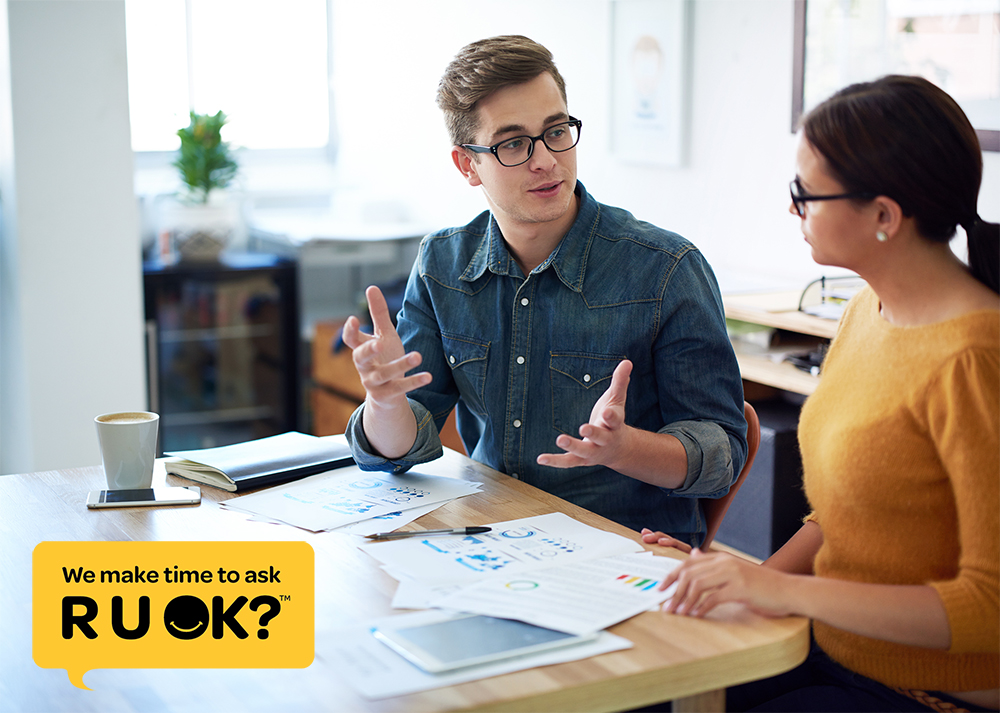There are many ways to exhale, and one particularly helpful one is cleaning out the unnecessary and outdated information in our brains. Like a spring clean in our house or car, a cleanout of the mind requires taking time and reflecting on all aspects of life to see where you are at right now. When looking at the five pillars of health (social, emotional, physical, financial, and spiritual), the exhale starts by reviewing all five aspects. Looking and rate each pillar from one to five (5 being the best); how well do you think you are doing the following?

When completing the rating, try to avoid comparison or judgment and just take some time to sit down and think. If you prefer pen and paper, use an exercise book to write down each pillar and its rating. Then list ideas of what may need to happen next with the above categories. Have a think about what is in balance in your life, what you are generally drawn to and what helps you heal – this may be a road map to assist you to see what you can do more of to get all five to a rating of 5.
Taking the time to reflect on how you process what is happening in the world and in your close environment (colleagues, family, and friends) is a big part of the exhale. Thinking about your approach to people and how you interact with them is a way to move after a big event. The reason being that those who are self-aware appear to have more empathy towards others; they are better listeners, can think more critically and report that their decision making improves. These all appear to be useful skills in a post-pandemic world.
If you are not sure where to start with your life audit, improving your wellbeing or would like some suggestions on how to self-reflect, start with our app, AccessMyEAP. Inside it has a wellbeing tracker that allows us to keep an eye on how we are carrying out our day-to-day wellbeing. Also, our friendly and supportive clinicians can also assist you with face to face, video or phone appointments focussing on self-reflection, growth or wellbeing. Contact Newport & Wildman on 1800 650 204.
AccessMyEAP:




